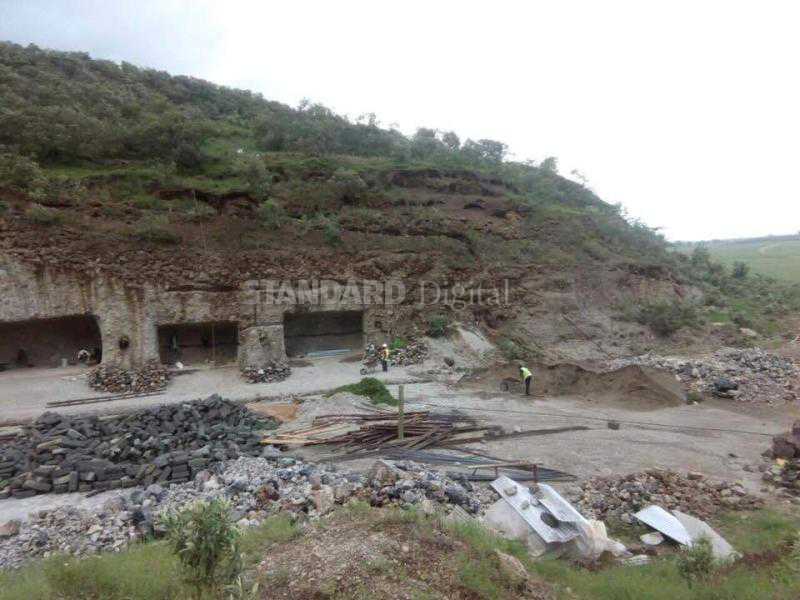×
The Standard e-Paper
Join Thousands Daily

For a visitor to the world-renowned Hell's Gate National Park in Naivasha, the towering cliffs and undulating grasslands provide one of the few remaining places in the country where one can walk alongside herds of buffalo, zebras, eland and giraffes.
The park was gazzeted in 1984. It was previously grazing land for wildlife and pastoralist communities.